Launch of our new report ‘Learning From Survivors of Rape and Sexual Violence’
We were delighted to be joined by politicians, policymakers, academics, partners and colleagues from across the domestic, sexual and gender-based violence (DSGBV) sector for the launch of our new report, ‘Learning From Survivors of Rape and Sexual Violence’, in the Royal Irish Academy on 30th January 2025. The ground-breaking report incorporates statistics collated by rape crisis centres across Ireland in 2023.
Our Data and Privacy Manager, Sally Aquilina, said Rape Crisis Ireland hoped the launch would start a conversation to help improve access and responses for male survivors of sexual violence, in particular, and to gain insights so that everyone was working with facts rather than myths.
Our Executive Director, Dr Clíona Saidléar, said male survivors of rape and sexual violence deserved a response that lifted the shame and broke through isolation. She called on the Government and CUAN to fully implement the Zero Tolerance Strategy in partnership with the DSGBV sector.
“While acknowledging that 88% of sexual survivors were women, the 12% of male survivors must not be forgotten,” said Dr Saidléar. “Men are targeted differently and the difficulties they face following sexual violence are different too, which means how we think about creating safety, healing and justice for men must be different.”
Our keynote speaker, Dr Kennath Widanaralalage of King’s College London, said political and public dialogue continued to minimise and even trivialise men’s sexual victimisation, despite abundant evidence detailing the profound and lasting impact sexual violence had on male survivors.
“As the RCI report underscores, there are significant similarities between male and female survivors, indicating that the sexual nature of the offence shapes the symptomatology of rape victims across genders,” Dr Widanaralalage added. “However, it is equally important to recognise male survivors’ gendered experiences. Men often encounter unique barriers rooted in societal expectations that frame them as stoic, invulnerable, and independent. This gendered pressure frequently exacerbates feelings of shame and discourages men from seeking support from their social networks, which may explain the RCI data showing that medical professionals are often men’s first point of disclosure.
“This report is a critical step forward, but much more needs to be done. We need increased research, more spaces for open discussions, and broader acknowledgement of men’s experiences of sexual violence. The challenge is not to view male and female sexual violence as conflicting priorities but as interconnected aspects of the same socio-cultural phenomenon of violence against the person. While there are many similarities, the gendered differences must also inform how we create safe, supportive environments and ensure justice for all survivors.”
The report is available to read here.
You can watch a recording of the launch on YouTube.






